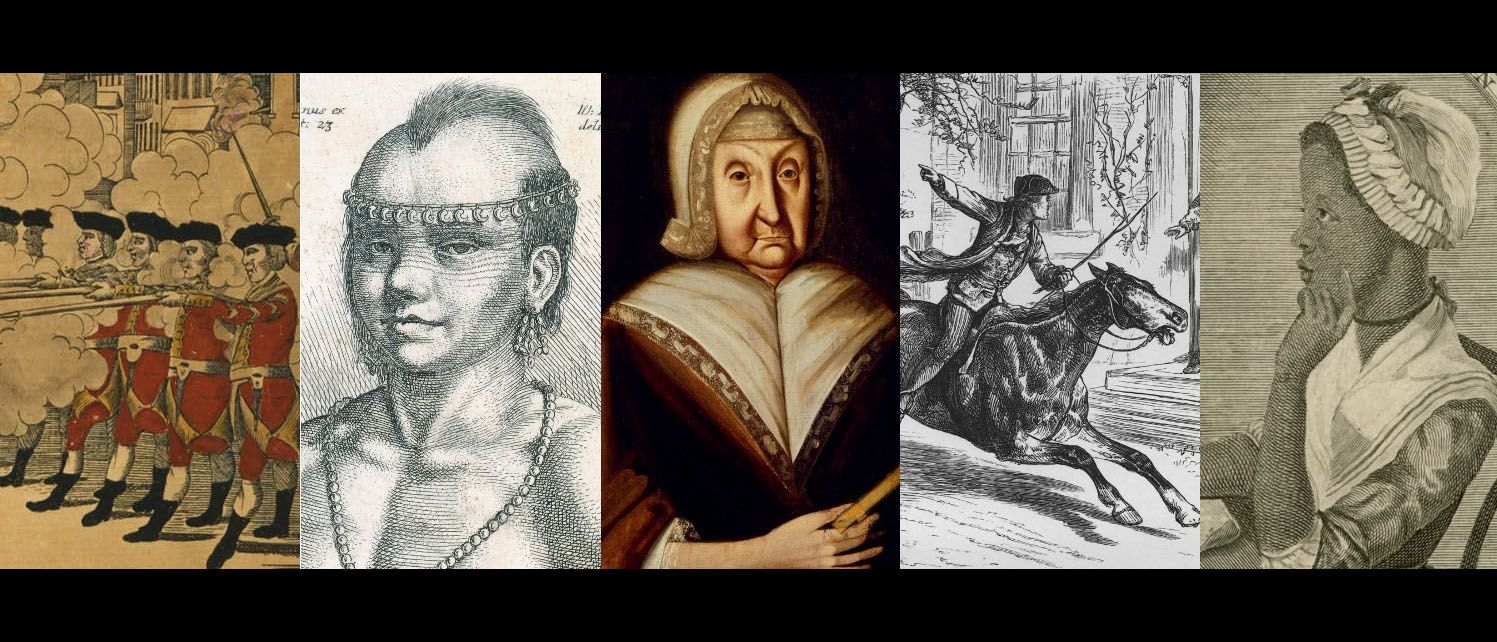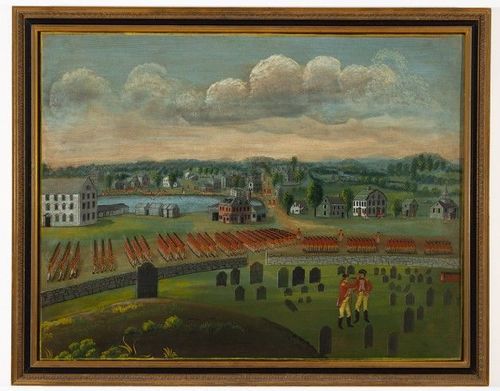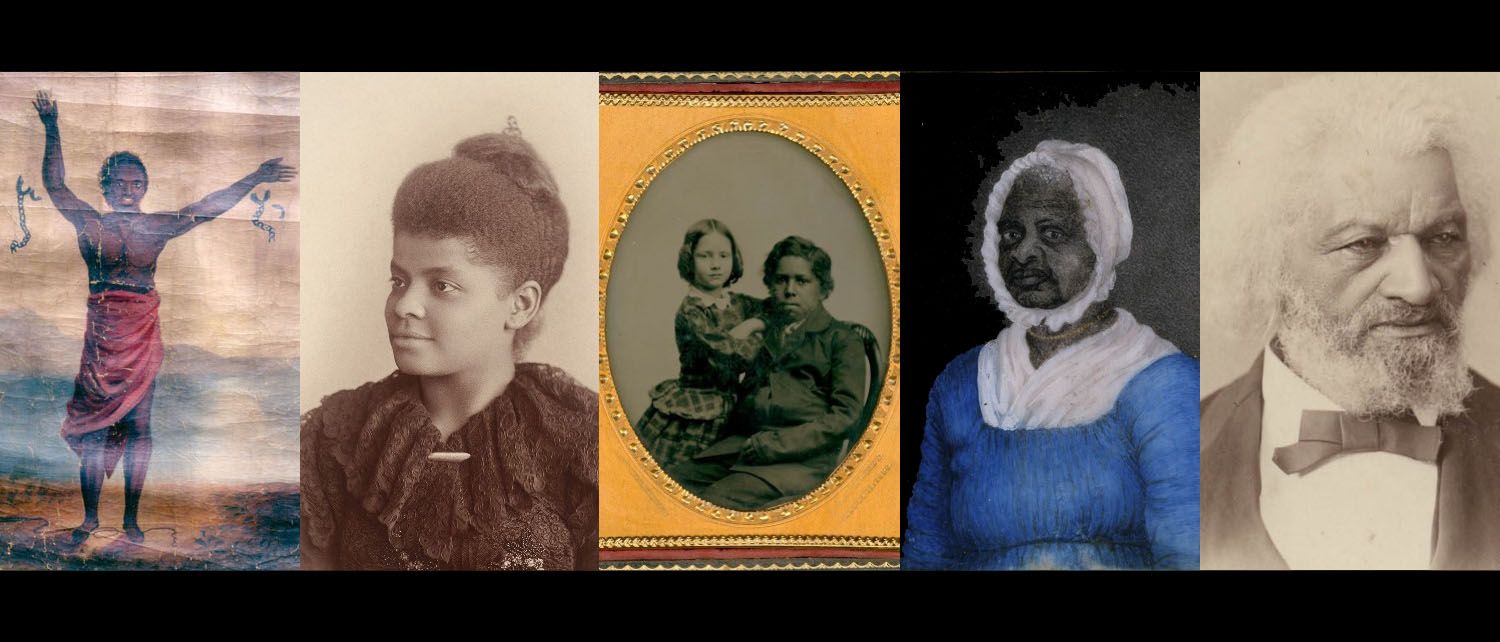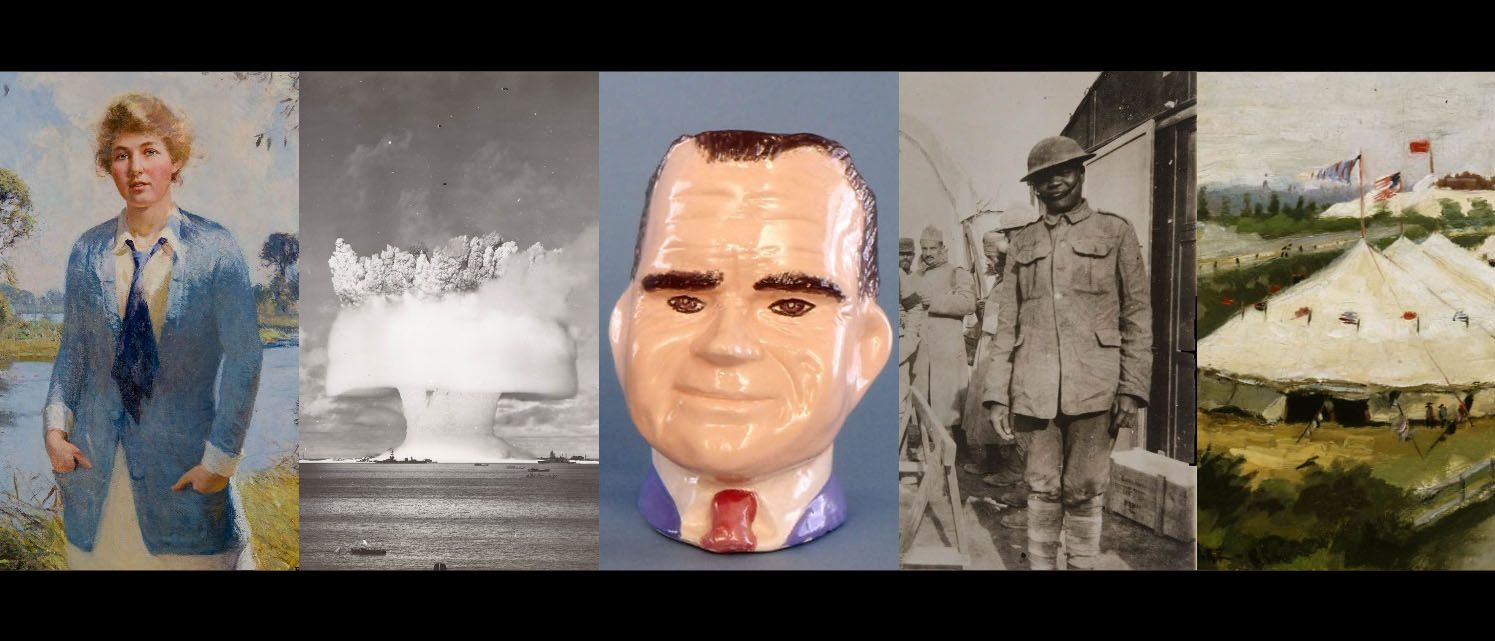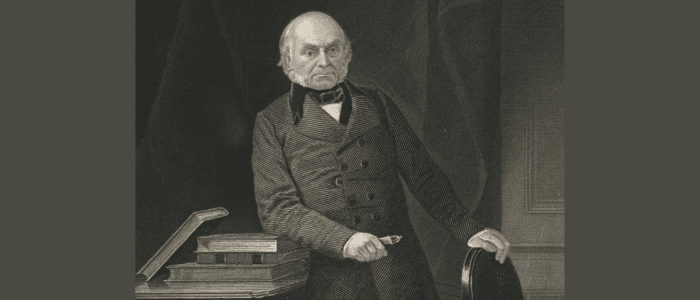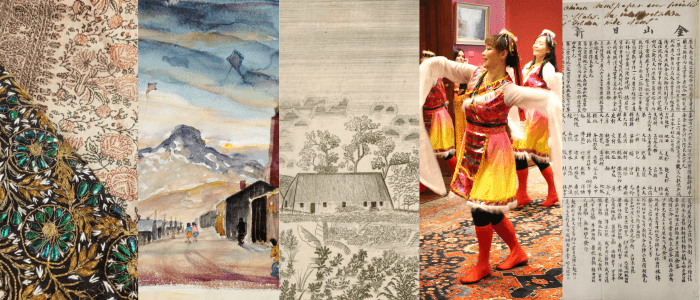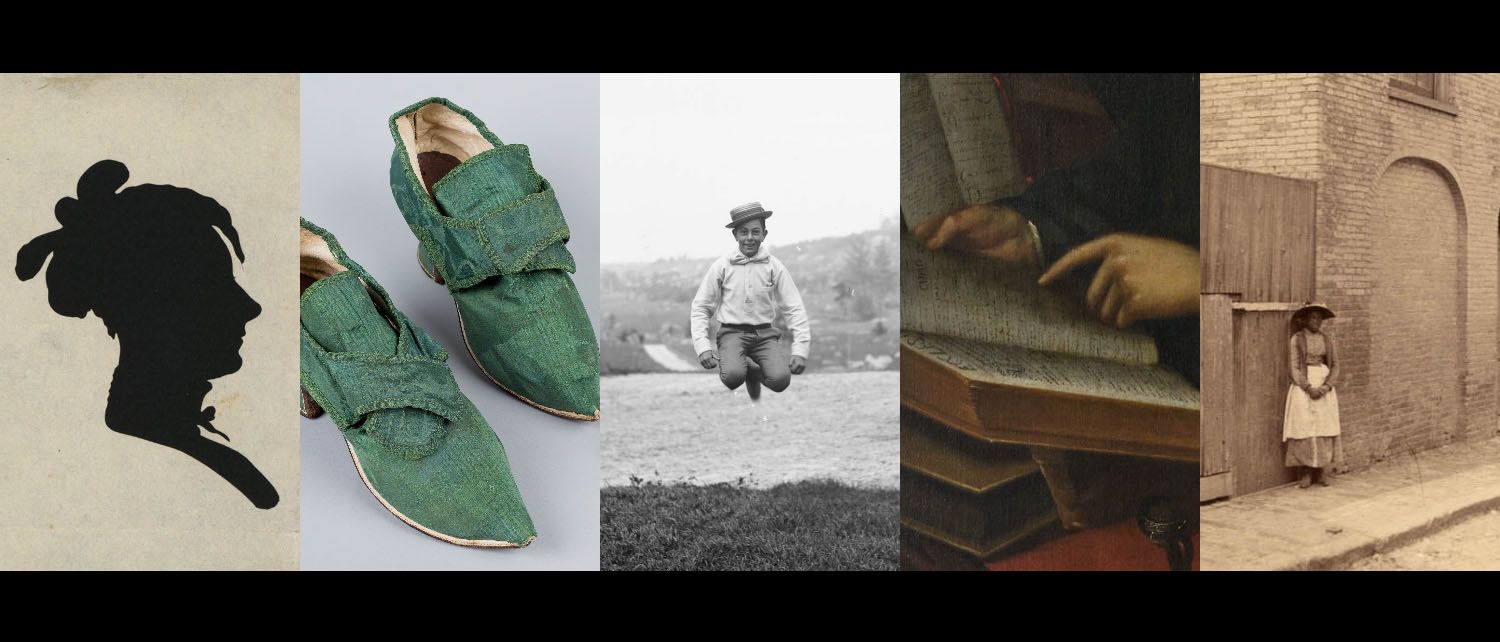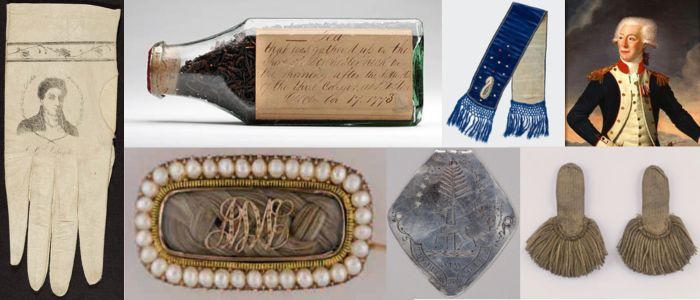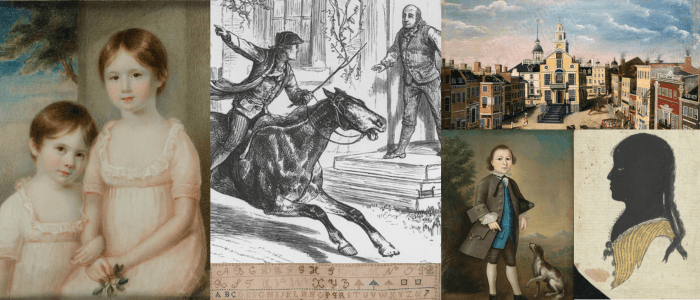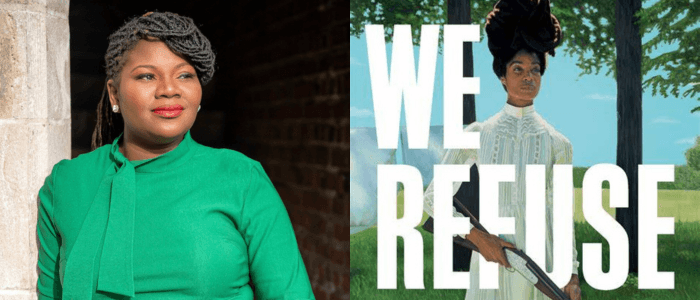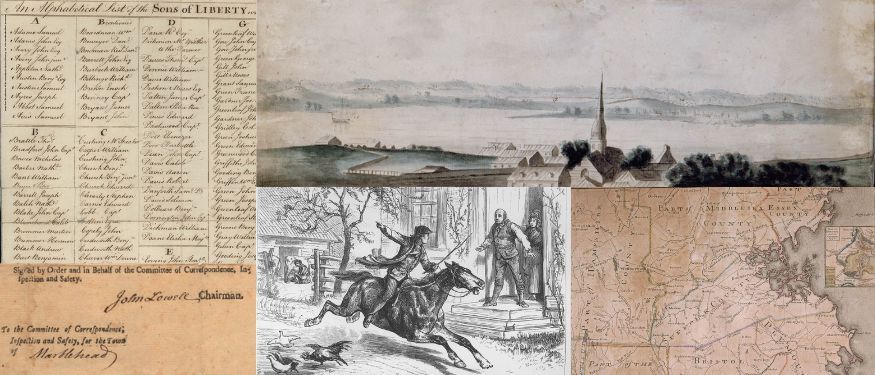Event
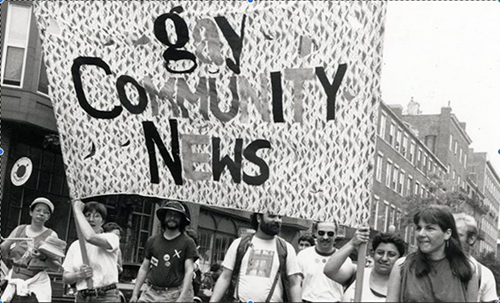
In Print: Boston's LGBT Publications during the Gay Liberation Movement
Amy Hoffman, Dallas Denny, Shane Snowdon, Michael Bronski, moderated by Russ Lopez
This program is co-sponsored by The History Project and Historic New England
This panel will look at the grassroots LGBT periodicals that originated in Boston during the modern gay liberation era and evolved to become critical resources for LGBT communities all over the country. How did these magazines, journals, and newsletters influence and inform self-identity, politics, and activism nation-wide? What kind of ideological debates played out in the pages of these publications? We will try to understand why Boston was a particularly good incubator for this particular type of activist media, while also examining how these periodicals worked to amplify the unique concerns and demands of LGBT communities nationally.
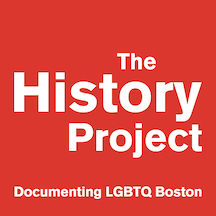

LINKS TO PUBLICATIONS DISCUSSED IN THIS VIDEO (LINKS CURRENT AS OF JUNE 2021)
- FAG RAG (History Project)
http://www.historyproject.org/web/sites/default/files/2018-11/12_fag-rag.pdf
- CHARLES SHIVLY COLLECTION (History Project)
https://historyproject.omeka.net/collections/show/43
- GAY COMMUNITY NEWS (GCN) (Northeastern U)
https://lgbtqahistory.library.northeastern.edu/gay-community-news/
- SOJOURNER (Harvard U)
https://hollisarchives.lib.harvard.edu/repositories/8/resources/6794
- TAPESTRY (Digital Transgender Archive)
https://www.digitaltransgenderarchive.net/col/7w62f824d
This is an online program
